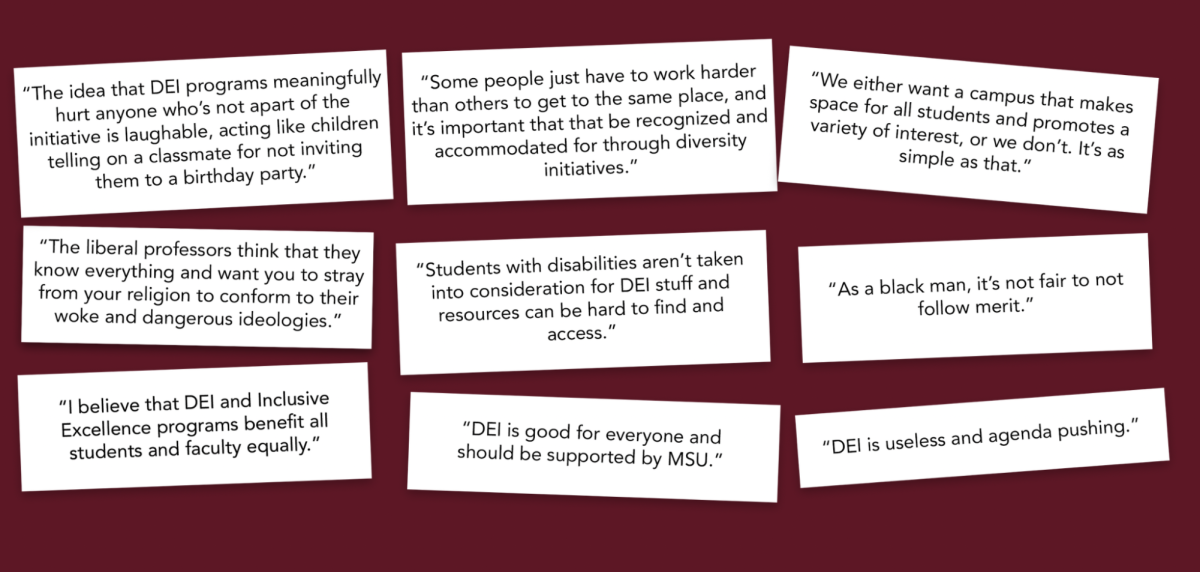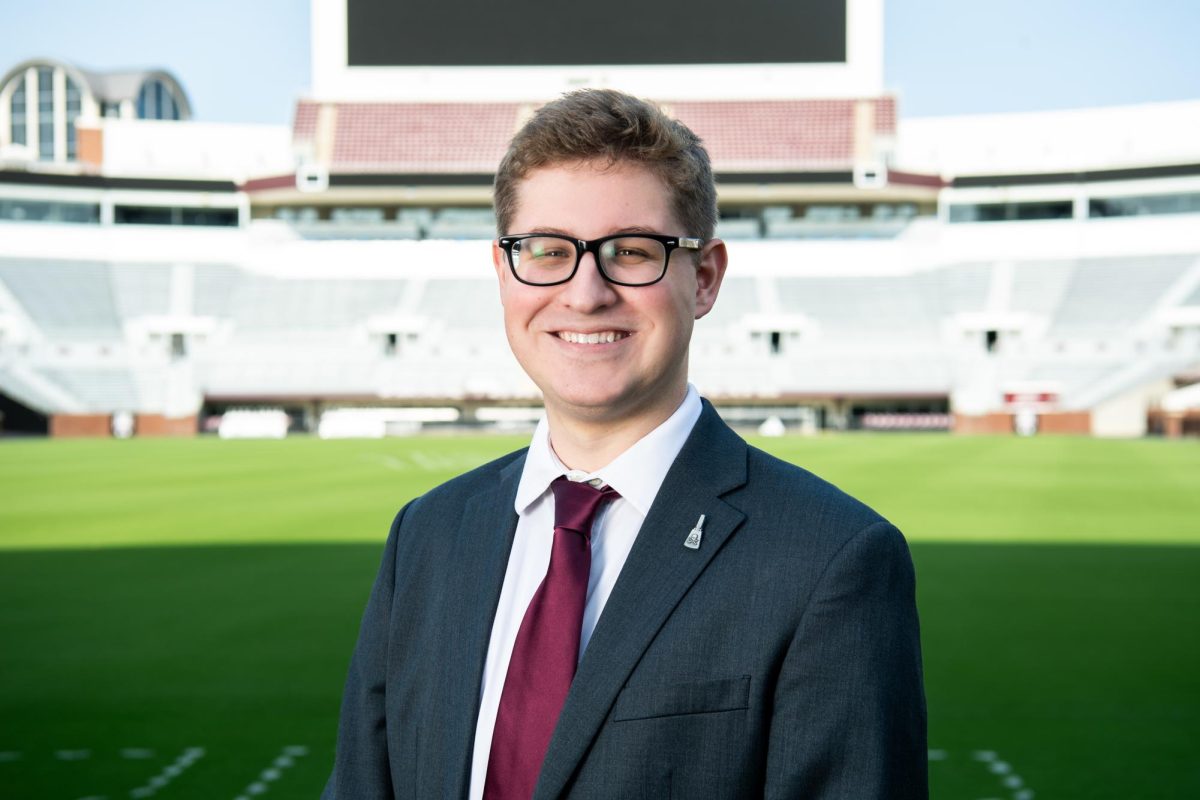A group of open-air preachers gathered on the Drill Field of Mississippi State University on a fall afternoon.
Members of the self-titled confrontational evangelism organization, Consuming Fire Fellowship gripped picket signs and bullhorns while hurling insults at the growing crowd of students.
Some students reciprocated the slander, while others observed and restrained their anger.
Houston Everett, an MSU alumnus with spastic quadriplegia, approached the scene with the aid of his automated wheelchair.
Spastic quadriplegia is the most severe form of cerebral palsy, a developmental disorder caused by damage to the brain during birth or the first years of life. The condition prevents normal development of motor function in the legs, arms and hands.
Everett pointed to the heated commotion on the Drill Field.
“People get a rise out of this religious group,” Everett said. “What if I was the one going in the middle talking about disability rights? How many people would actually support that? Probably not many because people don’t notice it.”
Everett said society often disregards people with disabilities.
“It’s not necessarily that people are ignorant, but that they don’t understand all of the problems we face,” Everett said.
Mobility is a persistent problem for Everett; however, MSU’s paratransit service is making mobility possible. Paratransit is a curb-to-curb demand-response service provided to disabled and elderly citizens.
Paratransit is offered through SMART, a local shuttle service, seven days a week. Upon completing the application for paratransit, residents must provide 24-hour notification to use the service.
Eric Knox, an occupational therapist at MSU’s T.K. Martin Center, said providing driving services and assistive technology to the physically disabled has a lifelong impact.
“Driving can change the course of someone’s entire life, because if you can’t drive, there’s a good chance that you can’t work,” Knox said.
A common misconception about the physically handicapped is an assumed lack of intellectual skills. Knox said cognitive disability does not mean intellectual disability.
“People assume if you’re in a power wheelchair and you talk funny that you have an intellectual disability, and that’s not the case,” Knox said.
According to Knox, people with physical disabilities are ordinary people whose difficult situations do not mean they have less value.
Jeremiah Dumas, director of parking and transit services, said the paratransit service provides the physically disabled an opportunity to lead a normal, independent life.
“It is by far the most fulfilling service we provide,” Dumas said.
Dumas said the community’s gratitude for the paratransit service fuels the commitment parking services has to the physically disabled.
“When you know that you are the only way that someone’s getting to a dialysis appointment or Walmart to get their groceries, there’s a lot of appreciation in that,” Dumas said.
James Johnson, Everett’s paratransit driver, said people perceive those with physical disabilities as being in the way and an inconvenience.
“I don’t see them as being disabled because we just talk, carry on and move around just like anybody else,” Johnson said. “Any access there is, I can without a doubt make it accessible to them.”




















































































